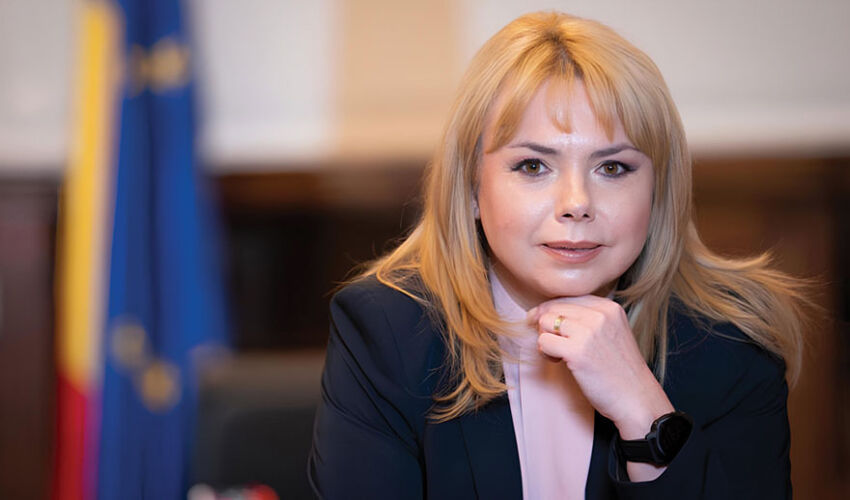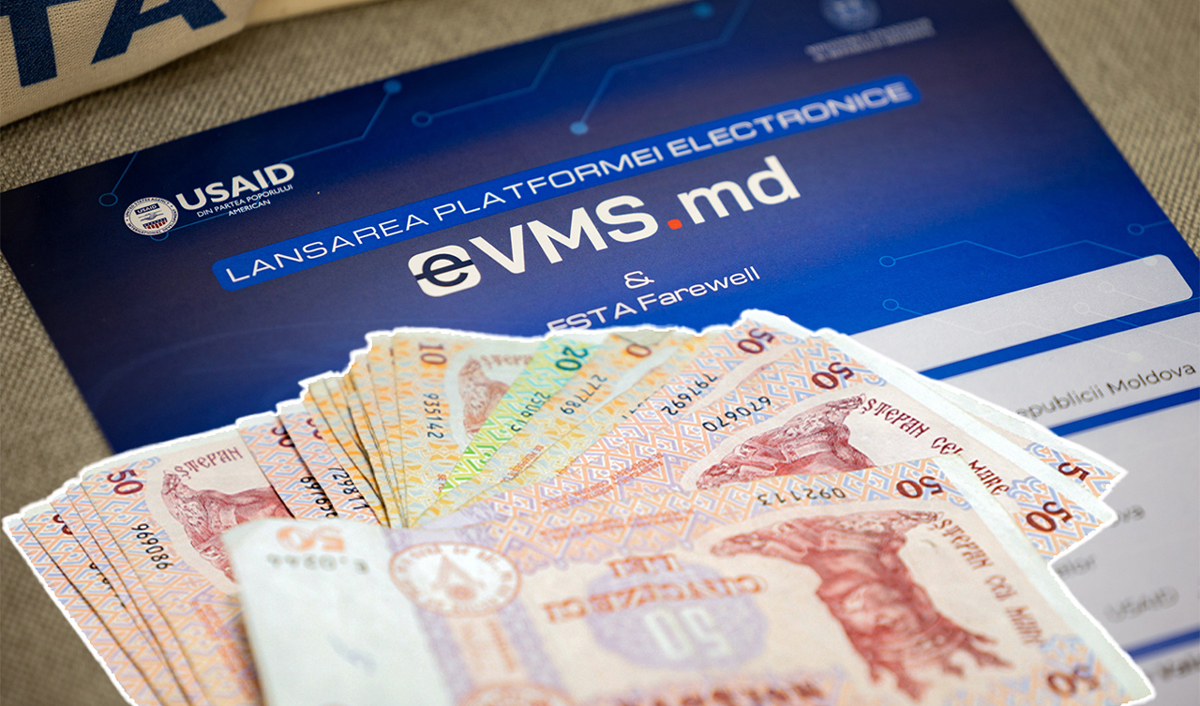
Anca Dragu, President of the National Bank of Moldova
The event brought together representatives from the financial and banking sectors of member countries to analyze the main challenges of the current economic and geopolitical context.
During the discussions, the meeting focused on strengthening the economic resilience of countries in relation to geopolitical risks, inflationary pressures and climate change impacts. Moldova supported the common position on the need for a green transition and commitment to global climate goals.
Another key topic of discussions was the impact of digitalization and artificial intelligence on the economy and financial markets. In this regard, Moldova has made progress in modernizing its financial system. In parallel with stimulating financial innovation, the NBM emphasizes the importance of maintaining high regulatory standards for sustainable economic development.
On the eve of the meeting, NBM Governor Anca Dragu held a separate meeting with International Monetary Fund (IMF) Deputy Managing Director Kenji Okamura in Washington.
The discussions focused on the implementation of the ongoing IMF-supported Program in Moldova. Also, the sides discussed technical assistance provided by the IMF, the implementation of the Financial Sector Assessment Program (FSAP) in Moldova. Assessments were made on the macroeconomic indicators and medium-term prospects of the Moldovan economy, as well as on the EU strategy to support Moldova’s energy independence and sustainability.
At the meeting, Anca Dragu reiterated Moldova’s commitment to continue reforms, with a special focus on the consolidation of the financial sector and economic sustainability.
“Close cooperation with the IMF has been a determining factor for Moldova’s progress in key areas such as banking supervision, financial sector governance, and increased transparency of economic policies. These efforts directly contribute to the creation of a stable and predictable climate beneficial for the whole society,” the NBM Governor said.
During the meetings with the IMF and World Bank leadership, new directions of institutional cooperation were outlined, including in the field of economic research and analysis, which are important components for substantiating decisions in the monetary and macroprudential policies.













